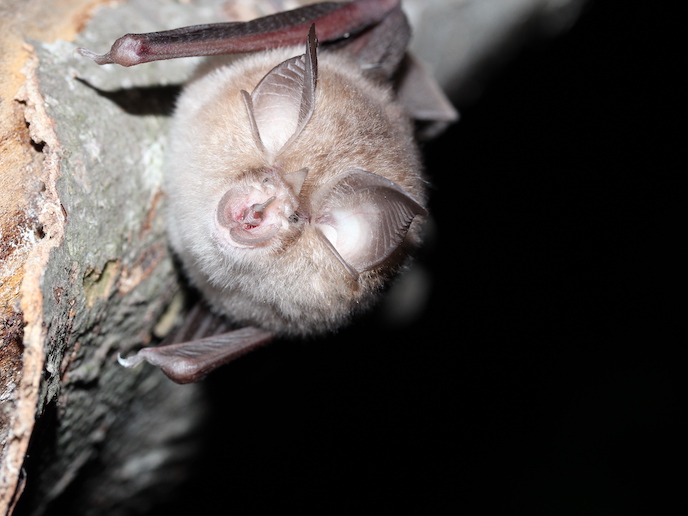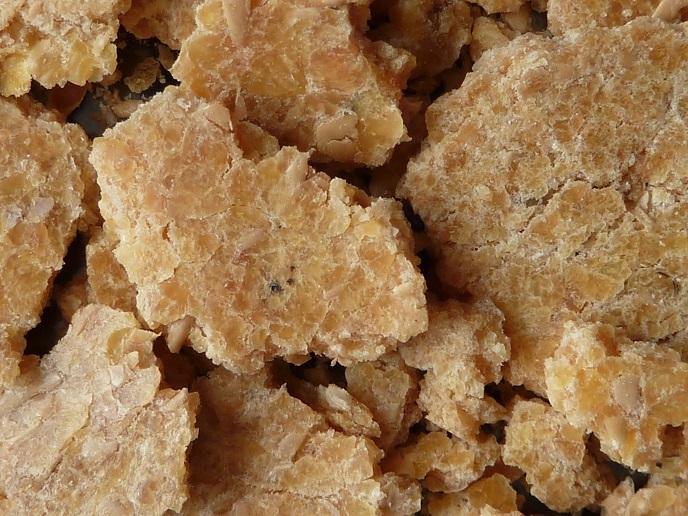A new biosensor for fungal toxins
There is currently no automated mycotoxin detection system for the cereal industry. However, mycotoxin contamination of cereal crops such as wheat and maize causes major economic losses through food damage and associated health problems. As such, the EU-funded 'Rapid biosensor for the detection of mycotoxin in wheat' (www.mycohunt.eu (MYCOHUNT)) project was established to develop a rapid and sensitive biosensor for detection of the DON mycotoxin.Researchers first showed that wheat dust had higher concentrations of DON than wheat grains, making it the most suitable substrate to sample for mycotoxins. They then developed a DON-specific antibody in mice to use as an immunosensor — a biological detector.After extensive market research, researchers built a prototype that could detect DON in air at concentrations as low as 50 parts per billion. The prototype was tested and validated in both laboratory and factory conditions.A business plan has since been drawn up for the commercialisation of this novel technology. Further refinement of the design is necessary, but it is estimated that the MYCOHUNT device will become commercially available within the next two years.
Keywords
Biosensor, fungal toxin, mycotoxin, deoxyvalenol, food crop, cereal







